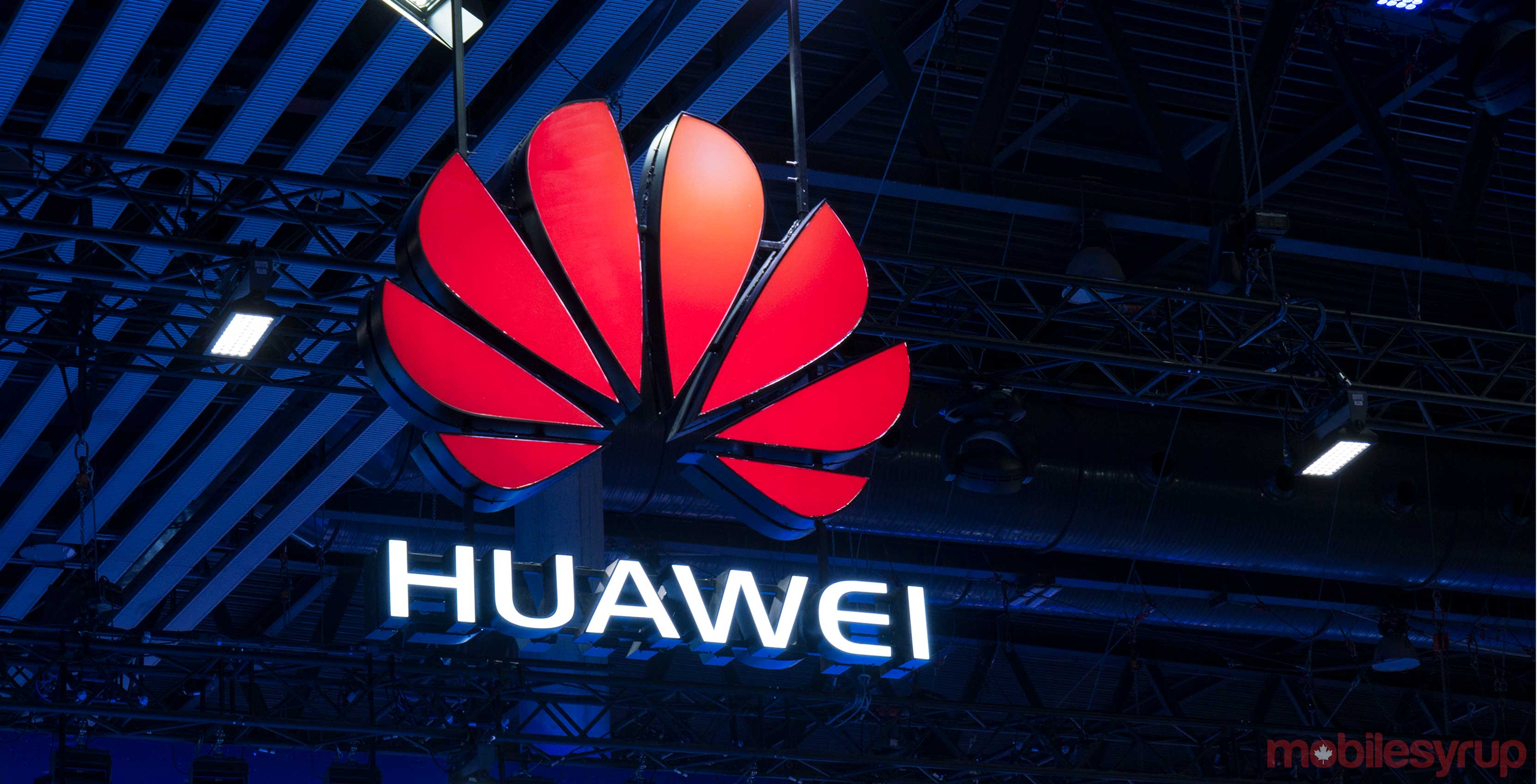
Court documents show Chinese telecommunications giant Huawei has close links to Iran’s Skycom Tech and holdings corporation Canicula — two companies Huawei had maintained were independent entities.
According to a January 8th, 2019 Reuters report, new documents show that a high-level Huawei executive “appears to have been appointed Skycom’s Iran Manager,” while at least three Chinese-named individuals “had signing rights for both Huawei and Skycom bank accounts in Iran.”
Reuters also reports that a Middle Eastern lawyer said Huawei conducted operations in Syria through Canicula.
This new information could add weight to the current case the U.S. has against Huawei’s global chief financial officer Meng Wanzhou, who was arrested for fraud by Canadian authorities in Vancouver on December 1st, 2018.
Meng was granted bail but currently faces extradition charges to the U.S.
Skycom is a telecom equipment seller that operates in Tehran, Iran’s capital, while Canicula is a holding company registered in Mauritius that holds Skycom shares.
Reuters reports that U.S. authorities filed documents for Meng’s bail hearing alleging that Huawei used Skycom, an unofficial subsidiary, to transact business in Iran.
The U.S. reportedly said Meng deceived international banks by claiming the two companies were independent of Huawei, so transactions between Huawei and Iran could be cleared. Meng has maintained that Huawei has no connection to equipment seller Skycom or shell company Canicula.
Meng is the daughter of Huawei founder Ren Zengfei. During her trial, she said that Huawei’s dealings with Skycom were conducted at arm’s length.
According to Reuters, the U.S. has claimed that by deceiving banks and working to sell equipment to Iran, Huawei violated economic sanctions that Washington has in place against doing business with Iran.
Meng’s arrest has caused an uproar in China, which has subsequently affected relations with the U.S. and Canada.
In August 2018, U.S. President Donald Trump announced a ban that prevented Huawei from supplying 5G telecommunications equipment to U.S. telecom providers.
Reuters previously reported that Trump might even announce an executive order that would block local companies from buying equipment from foreign telecommunications makers if they pose a national security threat.
Following the U.S., Australia and New Zealand have also banned Huawei from supplying 5G networking equipment out of fear of a national security breach.
According to a draft of China’s national intelligence law that was recently released, all Chinese companies “shall support, cooperate with and collaborate in national intelligence work, and maintain the secrecy of national intelligence work they are aware of.”
Scott Bradley, vice-president of corporate affairs at Huawei Canada, previously told MobileSyrup that banning Huawei from supplying equipment to Canada’s 5G network wouldn’t address security concerns and would throw away a 10-year long relationship that consists of lots of research.
“There hasn’t been a problem with Huawei for 10 years … but it goes back to the broader and legitimate issues that are raised on how do we protect Canada from a data perspective, from a disruption perspective. How do we have those protections in place?” said Bradley, in a previous interview with MobileSyrup.
“By banning Huawei are you worried about China’s emerging technology leadership? That’s a legitimate issue — perhaps you are. So how do you deal with that? Are you worried about how China will use technology for other purposes or around the world? … That’s again a legitimate issue regarding why you should be understanding what China is up to. But by banning Huawei do you address those issues?”
Source: Reuters
MobileSyrup may earn a commission from purchases made via our links, which helps fund the journalism we provide free on our website. These links do not influence our editorial content. Support us here.


